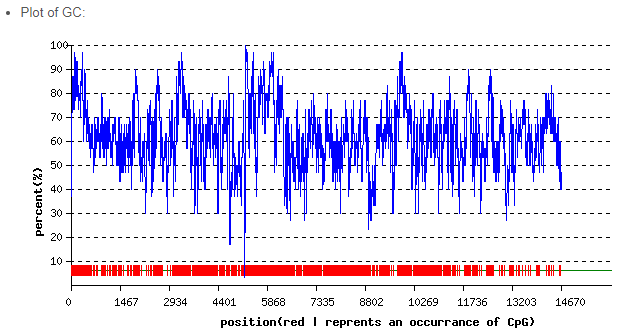In a world where genetic engineering is projected to reach a staggering market value of $38 billion by 2025, the role of dna synthesis technology cannot be overstated. This revolutionary approach not only enhances our understanding of genetics but also transforms various industries, from pharmaceuticals to agriculture.
The Landscape of DNA Synthesis Technology
DNA synthesis technology represents a paradigm shift in how we manipulate and understand biological systems. Its market attributes are characterized by rapid innovation cycles, high demand for customization, and significant investment opportunities. One notable feature is its potential for Geolocation-based Segmentation; companies can tailor their products based on regional genetic variations or specific environmental needs, enhancing both efficacy and consumer satisfaction.
Synthetic Biology Meets Geolocation-Based Segmentation
synthetic biology leverages DNA synthesis technology to create organisms with tailored functionalities that meet local demands. By employing Geolocation-based Segmentation strategies, businesses can identify unique genetic traits prevalent in specific regions and develop solutions that cater directly to those populations. For instance, agricultural firms can engineer crops resistant to local pests or diseases while ensuring optimal yield under varying climatic conditions.
Diving Deeper into Synbio’s Role in Geolocation-Based Segmentation

The characteristics of synthetic biology within the realm of Geolocation-based Segmentation are profound. It allows for precise targeting through data analytics that reveal regional health trends or agricultural challenges. Companies utilizing this approach can design interventions that resonate more deeply with localized markets—whether it’s developing personalized medicine based on population genomics or creating bioengineered plants suited for particular soil types found in certain areas.
Click Synbio.
Conclusion: The Promise Ahead
In summary, DNA synthesis technology stands at the forefront of innovation with its remarkable capabilities in Geolocation-based Segmentation. As we harness these advancements within synthetic biology frameworks, we unlock new avenues for growth across multiple sectors—ultimately leading us toward a future where solutions are as diverse as the environments they serve.

